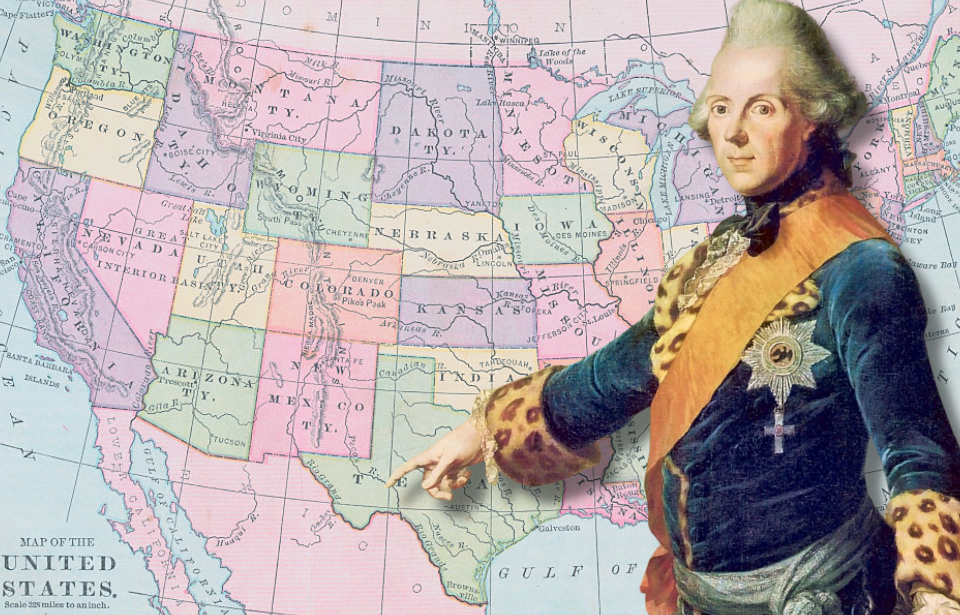When the United States was in its infancy, most countries were ruled by monarchs. There were some prominent people involved in the Revolutionary War that felt it would be best for America to use the monarchical system, as well. The man put forward to fill the role was Prince Henry of Prussia.
Prince Henry of Prussia’s upbringing
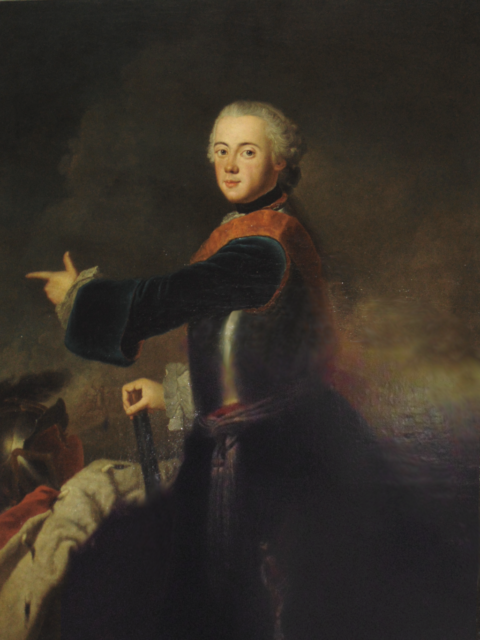
Prince Henry of Prussia was born on January 18, 1726 in Berlin to King Frederick William I of Prussia and Princess Sophia Dorothea of Hanover. Unfortunately for Henry, he was the 13th child, leaving him well down in the line of succession. Still, the young prince had an incredibly privileged upbringing.
In 1740, when Henry was 14 years old, his father passed away, after 27 years on the throne. Frederick II (better known as Frederick the Great) stepped in as his successor, and Henry was given a whole new set of responsibilities.
The brothers didn’t see eye to eye
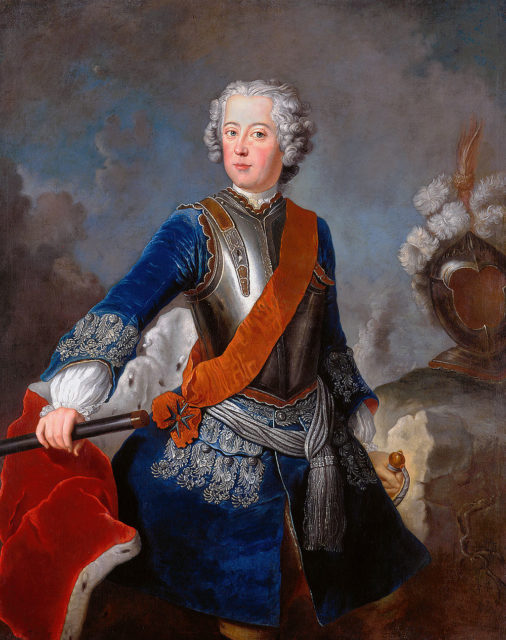
Prince Henry of Prussia and King Frederick II were fierce rivals. While the two shared similar interests in the arts and literature, and each proved themselves to be exemplary military leaders, there was also resentment on Henry’s part, given Frederick II had become king at only 28 years old.
Upon becoming king, Frederick II made Henry a colonel in the 35th Infanterieregiment. As a teenager, he served in both the First and Second Silesian Wars against the Hapsburgs and the Saxons, gaining valuable experience. This paid off during the Third Silesian War, where he served as a general.
Marriage and continued success
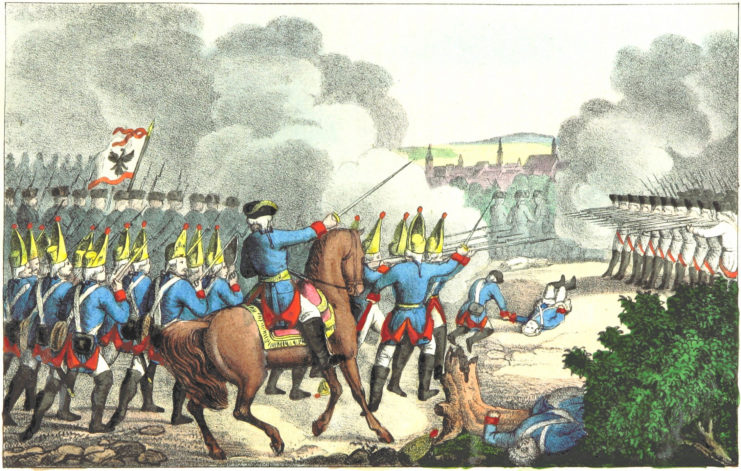
In 1752, Prince Henry of Prussia wed Princess Wilhemina of Hesse-Kassal. The couple was gifted Rheinsberg Palace and moved there the same year. They had no children during their union, as Henry was attracted to men and had numerous affairs. He notably had a relationship with Christian Ludwig von Kaphengst, whom he gave an estate close to Rheinsberg.
On the battlefield, Henry continued to see success. He distinguished himself during the Third Silesian War, securing a victory at the Battle of Prague. As he became more adept in combat, he also began to question his brother’s tactics, urging Frederick II to stop attacking the joint Russian-Austrian forces at the Battle of Kunersdorf. As it turned out, the king should have listened to Henry, as the engagement ended in the complete destruction of the Prussian Army.
In 1762, Henry secured his most legendary victory at the Battle of Freiberg. The final engagement between the Prussian and Austrian forces, it was followed by peace negotiations.
Diplomatic career and the Prussian Scheme
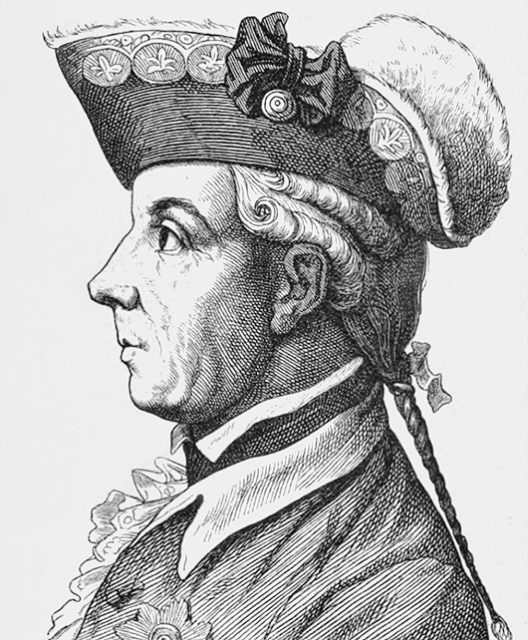
Following his time in the military, Prince Henry of Prussia became a successful politician known for his shrewdness. During his diplomatic career, he took part in the War of the Bavarian Succession and the First Partition of Poland. He was eager to become a king and twice tried to take the crown in Poland. However, both attempts were shot down by Frederick II.
In 1786, Henry became involved in the “Prussian Scheme.” At the time, the United States had a good relationship with Prussia, partially due to Friedrich Wilhelm von Steuben, a Prussian-born military man who served in the Continental Army during the American Revolution. He’s credited with whipping the American forces into shape, after being approached by Benjamin Franklin and George Washington. His drill sergeant tactics proved to be incredibly effective.
It’s alleged either von Steuben or Founding Father and then-President of the Continental Congress Nathaniel Gorham offered Henry the opportunity to become King of the United States. The country was facing a monetary crisis, leading the Founding Fathers to question whether the country should be a republic – maybe it would be better to set up a monarchy, under the rule of Henry.
For many years, historians believed this to be a rumor, but a letter from Henry to von Steuben found in the 20th century essentially confirmed the story. In it, Henry, though eager to become a king, wrote that he didn’t believe Americans would submit to monarchical rule and subsequently declined the offer.
Prince Henry of Prussia’s later life
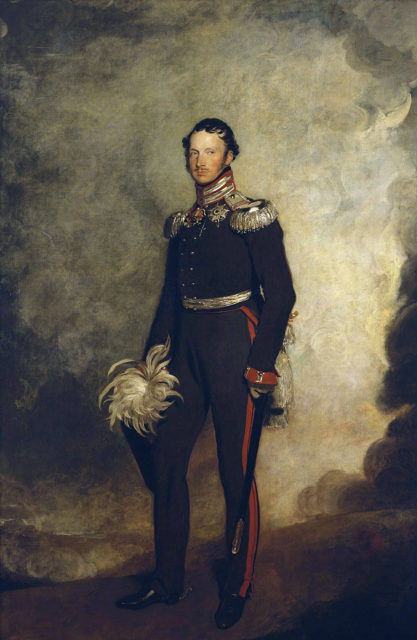
More from us: August von Mackensen: The German Field Marshal Dubbed ‘The Last Hussar’
The same year the Prussian Scheme occurred, Frederick II passed away and was succeeded by his son, King Frederick William II. Under the new monarch, Prince Henry of Prussia became an adviser. Frederick William II, however, died in 1797 and was replaced by Henry’s great nephew, King Frederick William III.
The prince had far more influence over Prussia’s new leader. He continued in his role as an adviser and held the position until his death in August 1802, at the age of 76.
